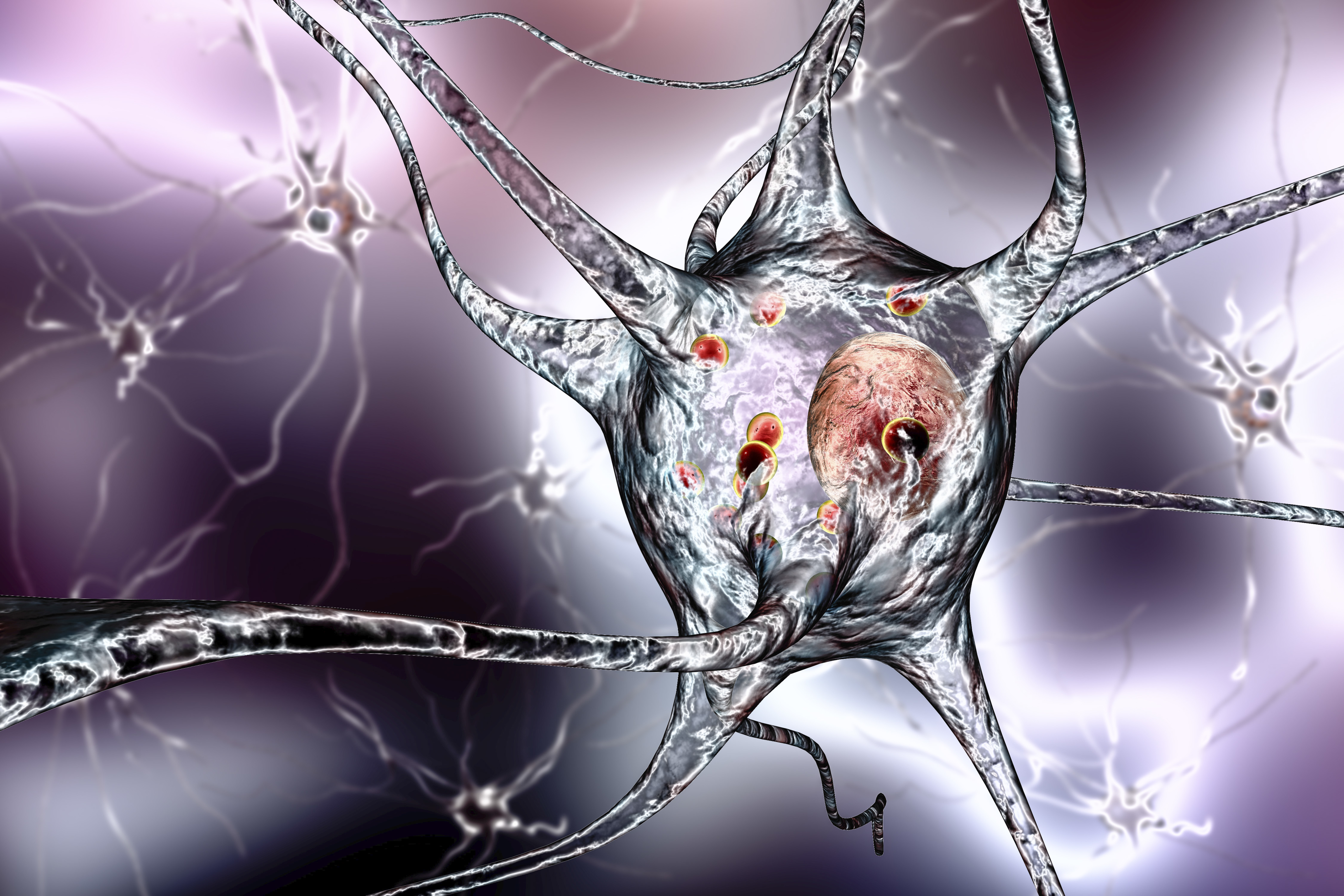
A new blood test may be able to predict whether a person will go on to develop Parkinson's disease up to seven years before any symptoms arise.
The test looks at proteins in the blood whose concentrations differ in people with Parkinson's and those without. Using the test and an artificial intelligence (AI) tool, scientists could identify people with a confirmed Parkinson's diagnosis, as well as those within an at-risk group who would go on to develop the condition.
"We need to diagnose patients before they have developed the symptoms," study author Kevin Mills, a professor of translational omics at University College London, said in a statement. Currently, most people are treated when they begin to show signs of the condition, which Mills said is too late.
"We cannot regrow our brain cells and therefore we need to protect those that we have," Mills said. "At present, we are shutting the stable door after the horse has bolted and we need to start experimental treatments before patients develop symptoms."
Related: Gene variant guards against Parkinson's and could lead to therapies
Parkinson's disease affects more than 8.5 million people worldwide and causes over 300,000 deaths per year — and this annual rate is rapidly increasing. In the disease, proteins clump together inside brain cells that make dopamine, a key chemical messenger involved in coordinating movement. The protein clumps damage, and eventually kill, the cells.
This process leads to the condition's hallmark symptoms of tremors, muscle stiffness, slow movement and unstable posture. Eventually, it can lead to difficulty walking, increasing the likelihood of fatal injuries from falls, and it can also dangerously affect people's ability to swallow and breathe.
In the new study, published Tuesday (June 18) in the journal Nature Communications, researchers identified eight proteins whose levels were significantly different in the blood of people with Parkinson's disease than in those without. Using those "biomarkers," they trained an AI tool to identify patients whose protein profiles resembled that tied to Parkinson's disease, even if they didn't appear to have the condition.

When tasked with classifying a group of 41 patients — 30 with Parkinson's disease and 11 without — the AI tool was correct 100% of the time, the researchers reported.
The researchers then looked at a separate group of 54 people with a sleep disorder that often precedes Parkinson's disease. These individuals gave one to five blood samples over the course of the study. The scientists then used the blood test and AI tool to check the participants' protein profiles.
For 47 people, the AI flagged at least one blood sample as predictive of Parkinson's, forecasting the eventual onset of the condition. The scientists have been following up with these patients, and so far, 11 have gone on to develop Parkinson's disease and five developed a related condition called dementia with Lewy bodies.
The test anticipated the onset of people's symptoms by an average of 3.5 years, and in one case, as much as 7.3 years.
"Predicting Parkinson's early would identify a new group of people that could take part in clinical trials," Katherine Fletcher, the research communications lead at Parkinson's U.K., told Live Science in an email.
"This could help more quickly identify promising treatments that could slow or stop the condition and even identify those that might stimulate regrowth of dopamine-producing cells," said Fletcher, who was not involved in the new study. Such treatments would be an improvement over current treatments for Parkinson's, which help prevent dopamine breakdown or are converted into dopamine when they enter the brain.
The researchers need to follow up to see who else in the study develops Parksinson's, to verify the test's predictive power. They also intend to validate their findings in other groups of people at risk for the condition, as well as refine the biomarkers used. Eventually, they aim to develop a simpler version of their test that requires only a drop of blood, rather than a full vial.
"We've seen tremendous progress in the development of exciting new tests for Parkinson's in the last year alone," Fletcher said. "We are hopeful that these new tests will start being used within the next few years," first for clinical trials and research and later for patient care.
Ever wonder why some people build muscle more easily than others or why freckles come out in the sun? Send us your questions about how the human body works to community@livescience.com with the subject line "Health Desk Q," and you may see your question answered on the website!







